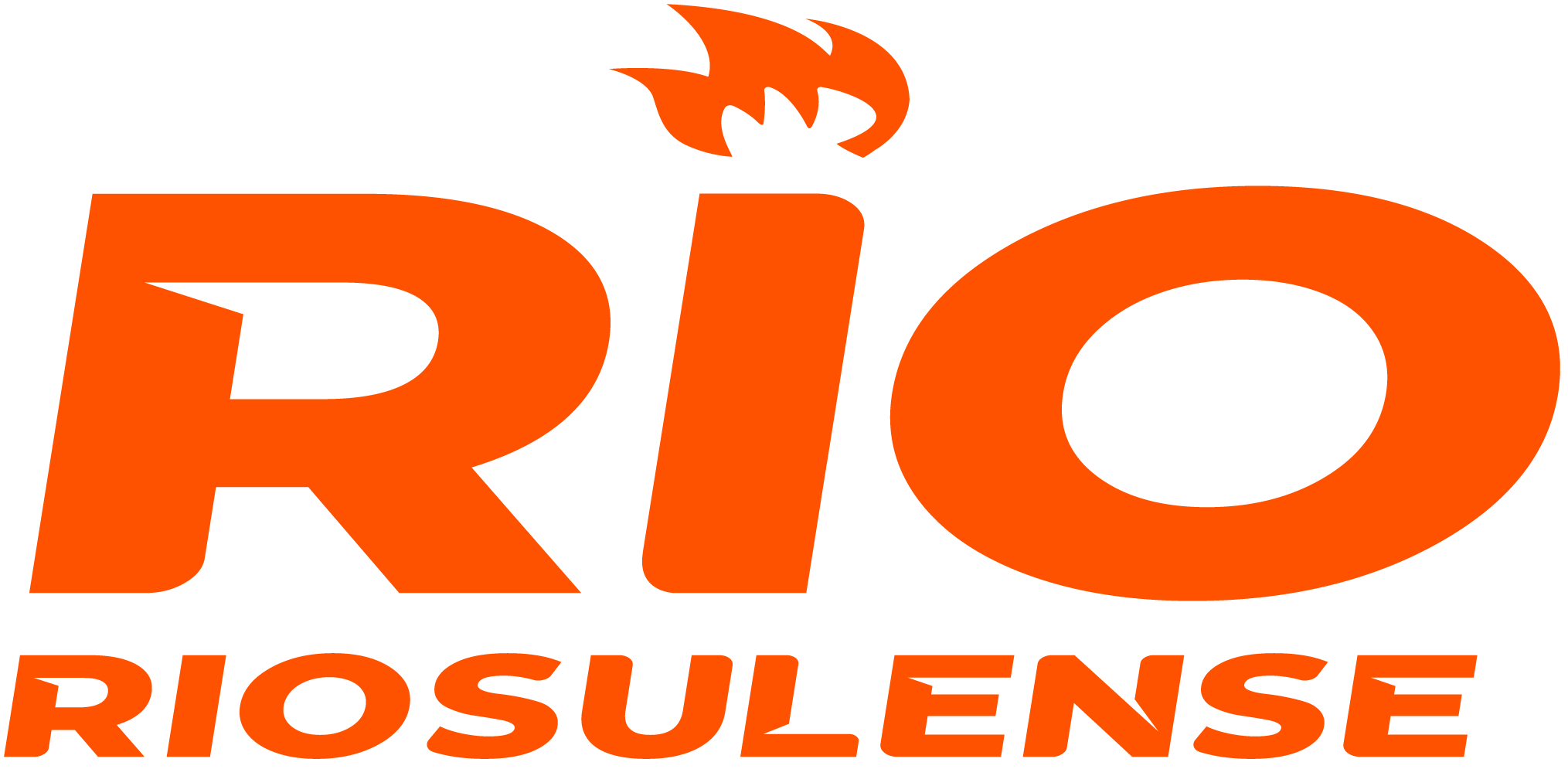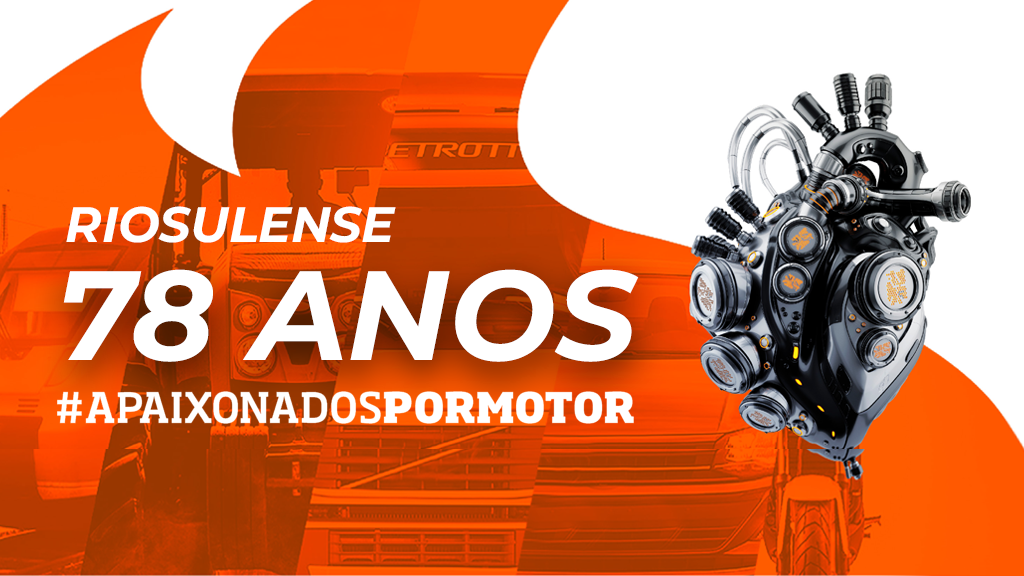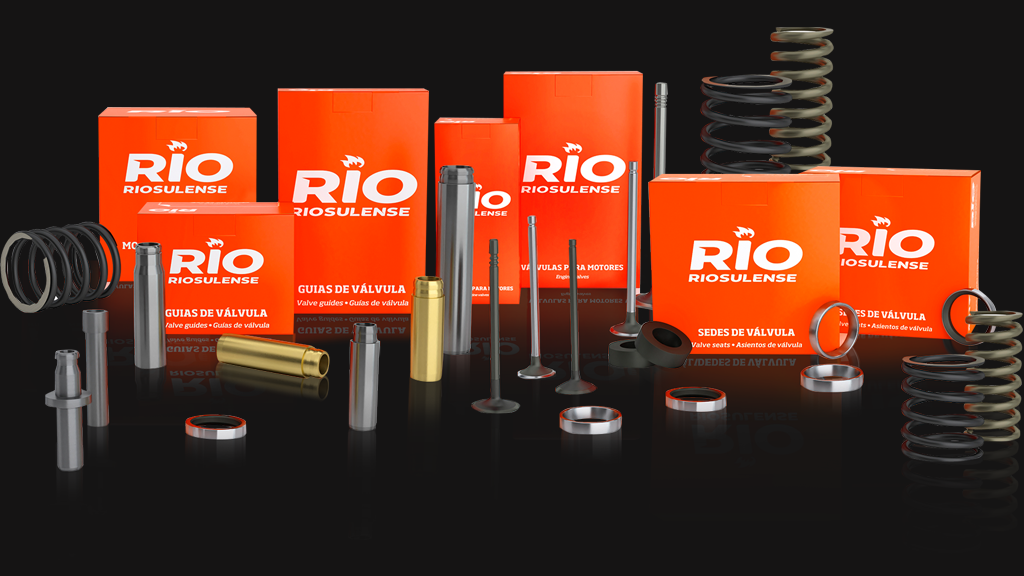The automotive industry has always been a priority when it comes to innovation. It was one of the first ones to incorporate GPS in vehicles, to use satellite monitoring for cargo transportation and, of course, to enable the connection with mobile devices. In addition to the interactions, we see outside the factories, there is still a whole range of actions that take place inside the automakers and, therefore, talking about the internet of things in the automotive sector is practically mandatory.
A study carried out in 2016 by the business consulting firm Frost & Sullivan showed that the IoT (internet of things) market in Brazil moved 1.35 billion dollars in that year alone, with the automotive industry being one of the most relevant, alongside with the manufacturing one. The survey also pointed out that this type of investment should reach around 3.29 billion dollars in 2021 in the country, mainly in the development of software and services directly connected to solutions for the internet of things.
Also, according to the study, the forecast is that the vehicle industry will be one of those that should invest the most in IoT by 2021, since the transmission of information at a distance from commercial vehicles represented most of the M2M connection (machine to machine) in the Brazilian market in recent years.
And it doesn’t stop there, as the internet of things in the automotive sector has a lot to show in the following years. That is why, in this article, we listed what’s coming next when we bring together technology, innovation, connectivity and people interested in making the future even more practical and functional.
Key IoT trends in the automotive industry
Before we list the IoT trends in the automotive sector, it is important to note that IoT is not an isolated phenomenon. Many other technologies go hand in hand with it, supporting and complementing it, such as artificial intelligence, augmented reality, machine learning, and big data. That said, let’s take a look at the main trends!
1 – Connected production chain
The efficiency of the production chain is essential for the development of any operation. Therefore, maintaining good communication between automakers and original equipment manufacturers (OEM´s) is essential, since several components need to be delivered by these suppliers on the production lines in a just-in-time model.
Also known as just in sequence, this is a replacement modality in which there are no excesses or shortages, but punctuality and volume precision, which ensures the continuity of work and eliminates the need for vast inventories.
By using the Internet of Things to make this communication, the industry can keep the production chain interconnected, making it easier to manage inventory and to use embedded intelligence to monitor all parts and track products, for example.
With that, the automakers can increase the efficiency in the production of vehicles and ensure the improvement of the productivity, with the factory pace guided by demand and by the increase in the quality of the products.
2 – Connected Cars
Nowadays, it is already possible to connect the car to other devices, the basic premise of the internet of things. However, one of the main impacts of this connectivity is the amount of data that can be generated in real time. This is where the automotive industry comes in, as it has the opportunity to leverage this information in order to make revolutionary changes in its processes and products.
In addition, cross-referencing this information with other pillars of digital transformation, such as technology for sales, manufacturing, and mobility, might present business proposals for new ways to generate revenue for the industry by monetizing data and offering services with increased added value.
That way, automakers will be able to know if a car has had a problem (and make a remote diagnosis) even before the driver contacts them, avoiding a trip to the car dealership by scheduling an appointment in advance, surprising the customer.
A connected car can also offer more convenience and ease to the driver’s daily life by monitoring the vehicle and the road conditions, connecting it to emergency services and other cars. As a result, driving tends to become a much safer, practical and intuitive activity.
3 – Artificial intelligence
With the number of interconnected equipment and devices increasing every day, the volume of information produced also grows. This data is the fuel that strengthens the internet of things and guarantees the ability of organizations to create value from it. This is the kind of opportunity that will define the long-term success of these companies.
And one of the ways to read, understand and transform all this data into useful information is by the aid of artificial intelligence. That’s why automakers need to keep investing in intelligent platforms and in services that rely on them, because the possibility of obtaining good results is very high.
4 – Sensor innovation
The sensor market will also continue to evolve. New devices will allow a wide range of situations and events to be identified. What is already available on the market will become more affordable, including being packaged differently in order to support more advanced applications, and new algorithms will be implemented to extract and deduce more information from current sensor technologies.
With that in mind, managers must ensure that their teams are keeping track of the changes in these components in order to identify which ones can actually help generate opportunities and innovation to increase brand value and, of course, increase profitability.
Well, we have talked about some trends that the internet of things in the automotive sector will bring or amplify in the coming years. And the question that remains is: is your automaker prepared to absorb the new technologies that are already in the market and those that are still to come? At Riosulense, we are prepared to act as partners of your industry, delivering original automotive parts in the most suitable model for all parties.
Also, in the manufacture of our products, we are constantly investing on several fronts focused on the internet of things, all to make our process even more precise and agile. In order to find out more about how we can develop a partnership aimed to create new possibilities by looking into the future, get in touch with our team. Our experts are always ready to help you!



